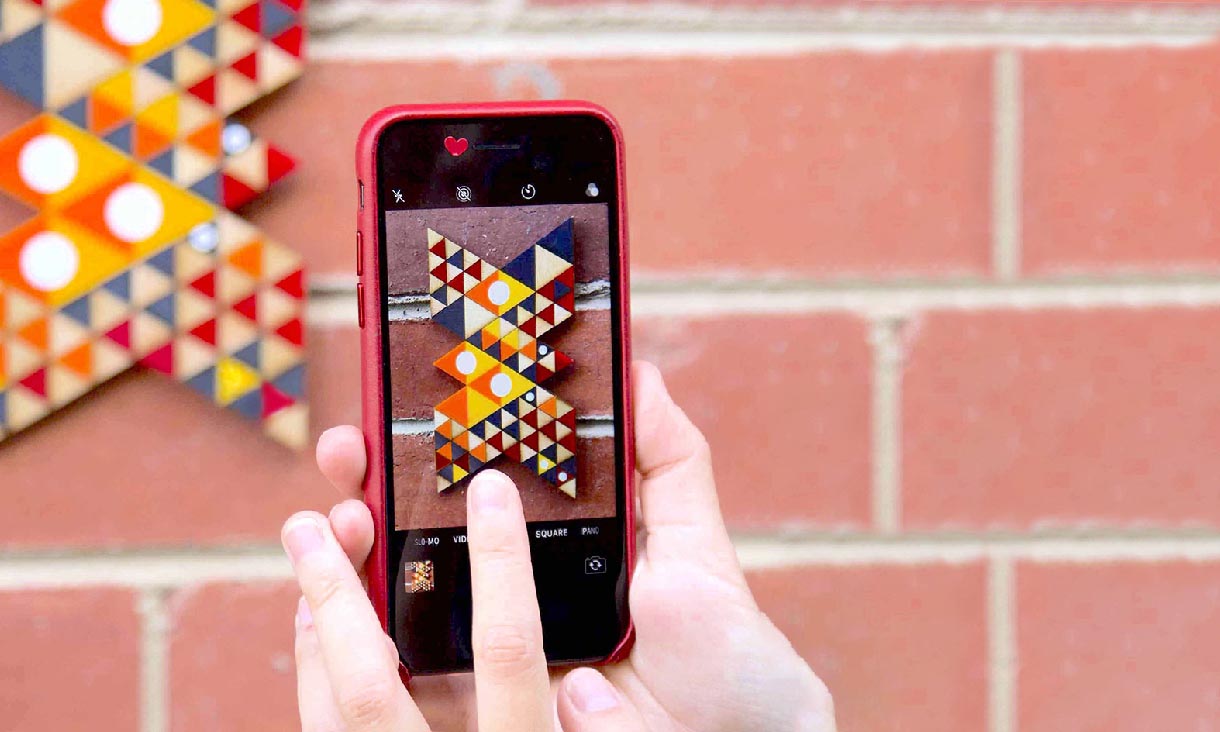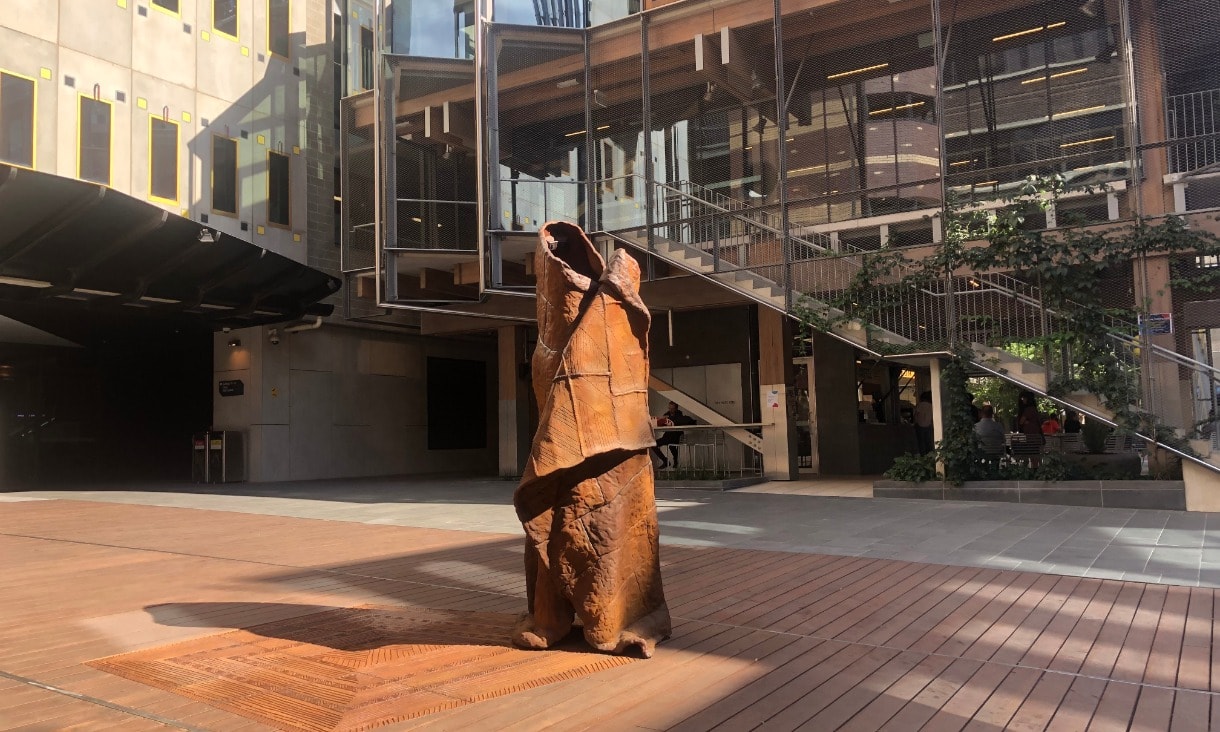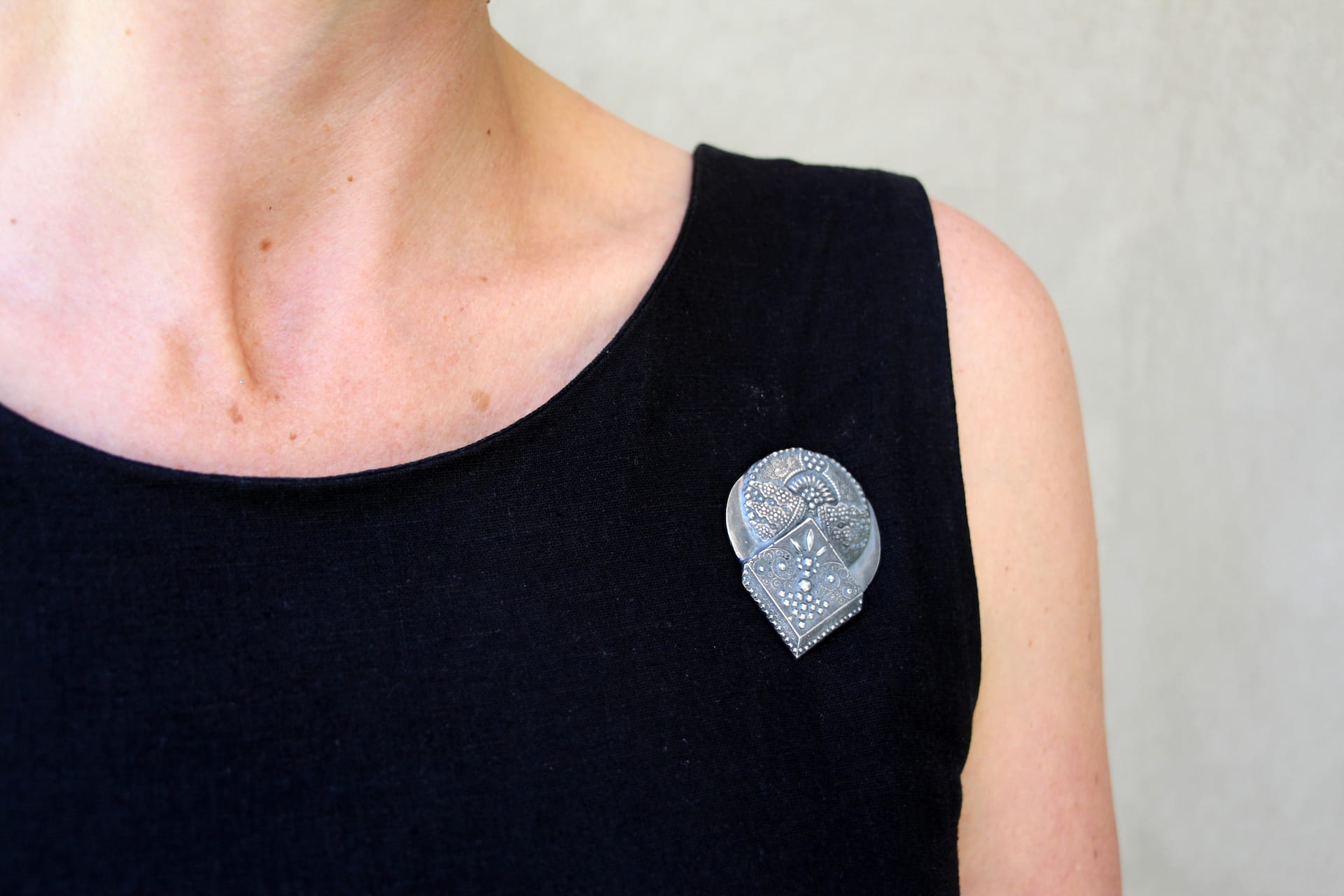Small to medium arts organisations are rapidly adapting to digital workplaces, however many of these organisations lack the digital infrastructure required to pivot online.
Research lead: Professor Anna Hickey-Moody

Small to medium arts organisations are rapidly adapting to digital workplaces, however many of these organisations lack the digital infrastructure required to pivot online.
‘Getting real about digital pivots' will be a series of industry facing public discussions, held in late 2022, in which RMIT academics and industry experts across multiple disciplines will explore what is needed to move from digital infrastructure to digital ecology in the arts sector.
A roundtable will be held in each Australian state and territory, bringing together arts-based training providers, leading academics and The Australia Council for the Arts to highlight the challenges faced in translating practical, creative embodied 'know-how' into digital skills and to develop regionally specific, strategic approaches. The focus will be on developing digital resources and modes of creative education that can scaffold digital skills development in sustainable ways.
The policy advice papers resulting from these roundtables will work towards creating a digital infrastructure in the arts industry that is sustainable and connects rural, regional and remote organisations to metropolitan communities and peak bodies.
The inter-disciplinary project team brings together RMIT staff at different stages of the career trajectory, with expertise in creative industries policy development, art practice in diverse communities, arts education and industry advocacy, with the experienced leadership of Professor Anna Hickey-Moody in the School of Media and Communication.
Related
Design and Creative Practice Platform
Enhancing social connection and sustainability with new technologies
Case study | Weenthayoothan: towards a relational and ethical cultural framework for making public art on Country
The Weenthayoothan Thought Leadership project aims to generate discussion and produce critical frameworks addressing ethical practices for commissioning and creating public art with First Peoples on Traditional Custodian Country.
Case study | CaTPin Conversation as Therapy
CaTPin presented the idea of “conversation as therapy’. It aimed to address the issue of loneliness due to a lack of social interaction by developing a discreet, low-cost wearable.





